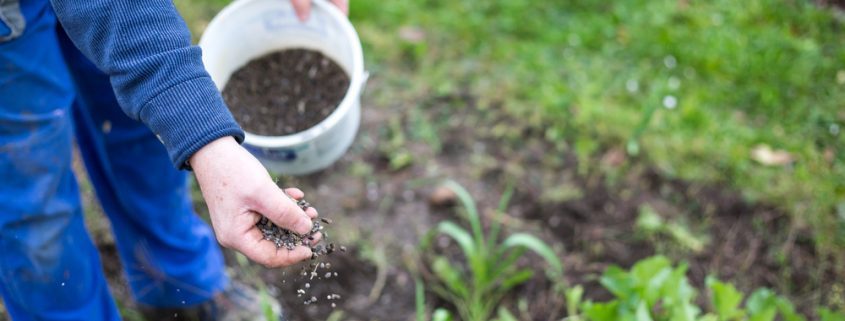Plants need a lot of care and attention. Aside from making sure that they are getting enough time in the sun and watering them on a regular basis, it is also vital that you give your plants enough nutrients. After all, well-fed plants are generally more productive and more beautiful precisely because they are healthier. This article delves into the basics of plant fertilizers and their use. It explains why you need to do it in order to ensure the health of your plants. It also touches on the debate on whether one should use organic or synthetic fertilizers.
Plant Fertilizers Basics
People need to understand the importance of fertilizers in terms of encouraging healthy plant growth. It always comes as a surprise to many that most soil types are actually unable to provide all the essential nutrients that the plants need. Even if you have great quality garden soil to begin with, the nutrients it provides surely cannot last forever.
This is because, as your plants grow, they also absorb the nutrients embedded in the soil. Over time, the soil becomes less fertile. This is because the plants you are growing need those nutrients to build their tissues. One of the main purposes of fertilizing your garden, therefore, is to replenish the nutrients from the soil that have since been consumed. This is the only way to ensure that your plants have enough food to successfully thrive and flourish.
Organic vs. Synthetic Fertilizers
Some people don’t understand the difference between organic and synthetic fertilizers. Keep in mind that organic fertilizers are made from naturally occurring materials like plant meal, composted manure, and bone. Synthetic fertilizers, on the other hand, are made from chemically processed materials. Of course, for them, it does not really matter, as long as the plants get the nutrients they need. However, if you truly care about your plants, then you must have an understanding of how these fertilizers work.
They differ in mainly in the way they provide nutrients for the plants. On the one hand, organic fertilizers contain nutrients which are non-soluble in water. They can last for long periods of time as they are released to the plants slowly over the course of months or even years. Because of their composition, these fertilizers can improve soil structure and stimulate beneficial microorganism growth. More often than not, organic fertilizers should be able to provide all the nutritional needs of your plants.
On the other hand, synthetic fertilizers are water-soluble. This means that the plants can absorb their contents at a much faster rate. However, it does have its downsides as too much of these fertilizers can actively harm your plants. They also do nothing in terms of improving the other aspects of the soil such as texture and long-term fertility. There is also the risk of the fertilizer leaching into nearby water sources because its composition is highly soluble.
This article presented an overview of plant fertilizers and how important they are for your plants. It also differentiates between the two types of fertilizers available on the market today.






Leave a Reply
Want to join the discussion?Feel free to contribute!